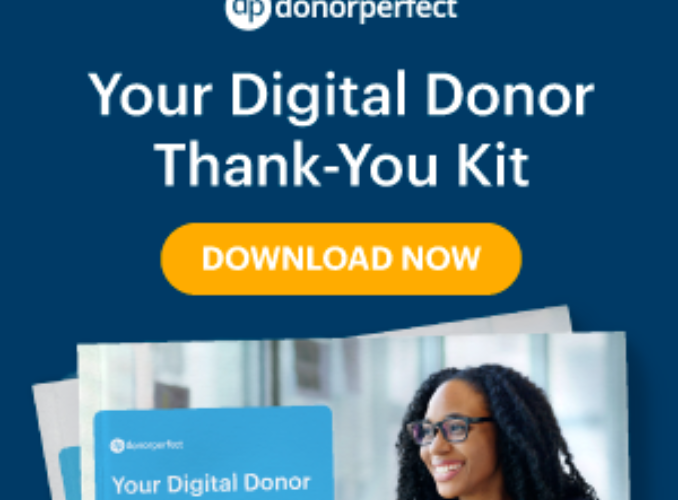
The CARES Act provides over $2 trillion in emergency relief. For nonprofit organizations who are struggling to pay staff members, utilities, and other operational costs, it’s important to know several aspects of the CARES Act that can help your organization survive the pandemic. If you are aware of any useful additional state or local Coronavirus / COVID-19 response laws that benefit nonprofits, please include them in the comments below!
The CARES Act can benefit your entire team by:
#1. Granting Low-Interest Loans to Cover Payroll, Rent, and Other Necessities
The Paycheck Protection Program provides Small Business Administration (SBA) loans to small businesses under 500 employees. This program includes nonprofit organizations that are organized as a 501(c)(3) and 501(c)(19).
SBA loans from the Paycheck Protection Program are available through approved banks, credit unions and some non-bank lenders and can be used for payroll costs, interest, rent and utilities. The loans require no personal guarantee or collateral and principal, while interest is capped at 4% and fees are deferred for 6 months.
Click here to apply for a loan through the Paycheck Protection Program.#2. Offering Forgiveness for Employers Who Meet Specific Criteria
Under Section 1106 of the CARES act, these SBA loans are eligible for forgiveness for employers that maintain employment (or at least 90% of employment) at full compensation between March 1 and June 30th. These loan forgiveness rules also apply to many nonprofit organizations.
The US Chamber of Commerce has produced a great summary on the Paycheck Protection Program. For more information on Paycheck Protection Act (PPA) and SBA loans, and loan forgiveness eligibility, contact your nonprofit’s bank or financial institution.
#3. Providing Loans with Emergency Funding
Section 1110 of the CARES Act provides Economic Injury Disaster Loans, also without collateral or personal guarantee requirements and includes the ability to receive a $10,000 emergency advance within three days of applying. Emergency advance funds can be used for payroll costs, rent/mortgage payments, or increased material costs. If the application is denied, the applicant is not required to repay the $10,000 advance.
Click here to apply for an Economic Injury Disaster Loan.#4. Incentives for charitable donations
Section 2204 of the CARES Act provides incentives for charitable donations during 2020 regardless of whether they itemize deductions. The primary benefit allows individuals to get an “above-the-line” deduction for up to $300. This is great information to share with your donors while asking them to support your cause during this challenging period.
Don’t delay!
With so many organizations impacted by COVID-19, there will likely be a substantial backlog of loan applications.
Additional Information on Provisions of the CARES Act
How Nonprofits Can Utilize the New Federal Laws Dealing with Covid -19
COVID-19 Relief Resources for SMBs
Note: We encourage you to consult your nonprofit’s advisors (e.g. accountant or attorney) for professional advice on these programs.





